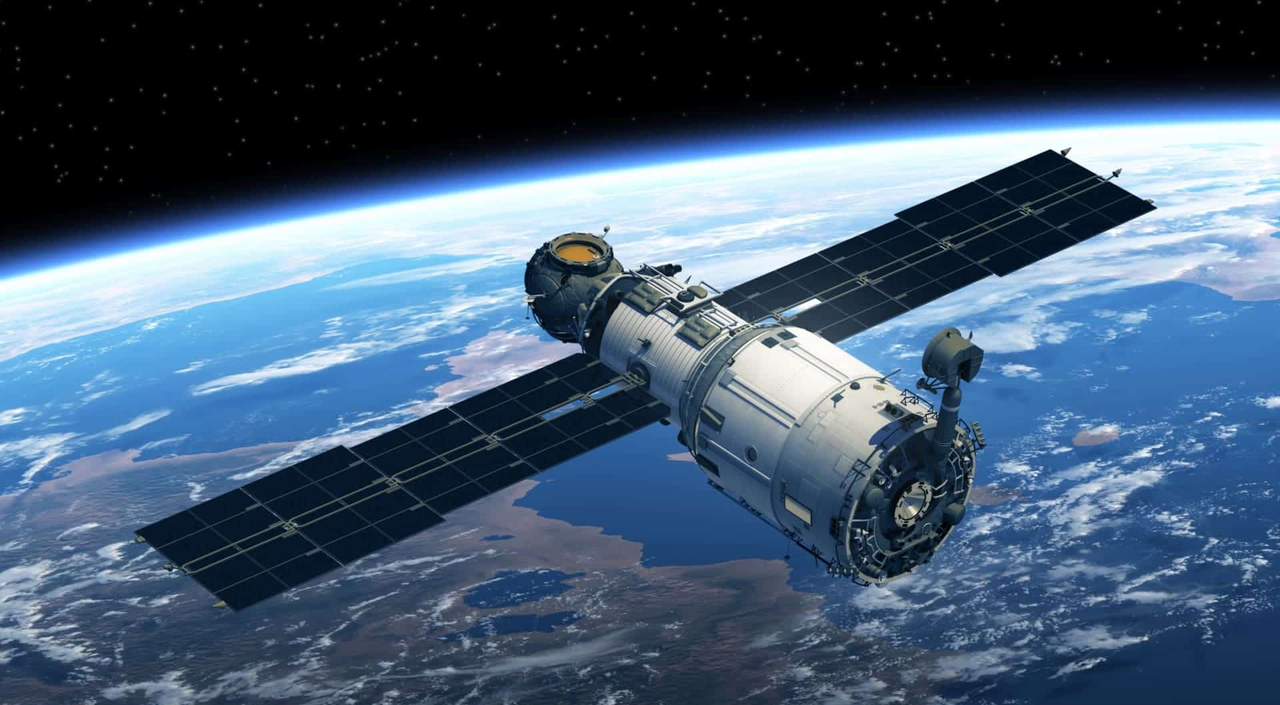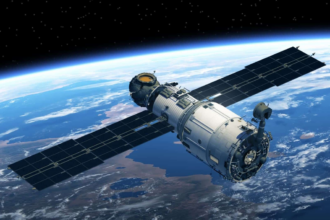The European Union is making a bold move to challenge Elon Musk’s Starlink with a new $10
R181.09.6 billion (R199.23 billion) satellite network, IRIS2. Set to be fully operational by 2030, this constellation of 290 satellites will provide encrypted global internet connectivity, catering to both public and private sectors across Europe.
IRIS2: Europe’s Homegrown Satellite Network
The EU signed contracts on Monday to officially kickstart the IRIS2 project, which will consist of 290 satellites deployed in multiple orbits. The network aims to provide secure and reliable internet service to European governments, militaries, and private customers. This is part of the EU’s effort to reduce its dependence on external private services like Starlink, which currently has over 6,000 satellites in orbit and serves customers in about 100 countries.
The launch of IRIS2 is an ambitious step by the EU, which is eager to maintain control over its communications infrastructure. With rising concerns about the strategic implications of relying on private companies, especially after the military’s increasing use of Starlink, the EU aims to create a European-operated alternative that offers sovereignty and independence in satellite-based communications.
Investment and Partnerships for IRIS2
The European Commission is investing $6
R108.66 billion into the IRIS2 project, with Luxembourg-based SES SA, France’s Eutelsat SA, and Spain’s Hispasat SA leading the effort. These companies will contribute $4
R72.44.1 billion, while the European Space Agency is providing $550
R9,960.15 million. The project will be managed through a public-private partnership, with a 12-year contract in place.
Andrius Kubilius, the EU’s defence and space commissioner, highlighted the importance of the network for Europe’s security. “In times of war, we can’t afford to lose connectivity,” he said, citing threats like Russia’s jamming of navigation signals.
A Late Start but a Strategic Move
While IRIS2 is a significant undertaking, the EU faces an uphill battle in catching up with Starlink. The company has revolutionised satellite internet, with a massive constellation and strong global market presence. However, SES CEO Adel Al-Saleh believes there is room for competition. “There is this narrative in the industry that Starlink has won and everybody else is dead,” he said, noting that nations are still keen to maintain sovereignty over their satellite infrastructure.
The IRIS2 network’s higher-orbit satellites, developed by SES, will offer a distinct advantage over Starlink’s low-orbit network. As the EU’s anchor customer, SES and its partners will also have the ability to sell satellite services to commercial customers, with about half of IRIS2’s capacity reserved for government use.
Starlink’s Role in Global Military and Civilian Operations
Starlink’s influence has been especially evident during the war in Ukraine, where it has been used extensively by the Ukrainian military to coordinate operations. The network’s strategic importance has raised concerns about the control private entities like Musk’s SpaceX could have over vital communication channels.
As the EU rolls out IRIS2, it marks a decisive step toward ensuring Europe’s connectivity remains secure and independent. The network is poised to be a cornerstone of Europe’s digital infrastructure, setting the stage for a more self-sufficient future in space-based communications.










